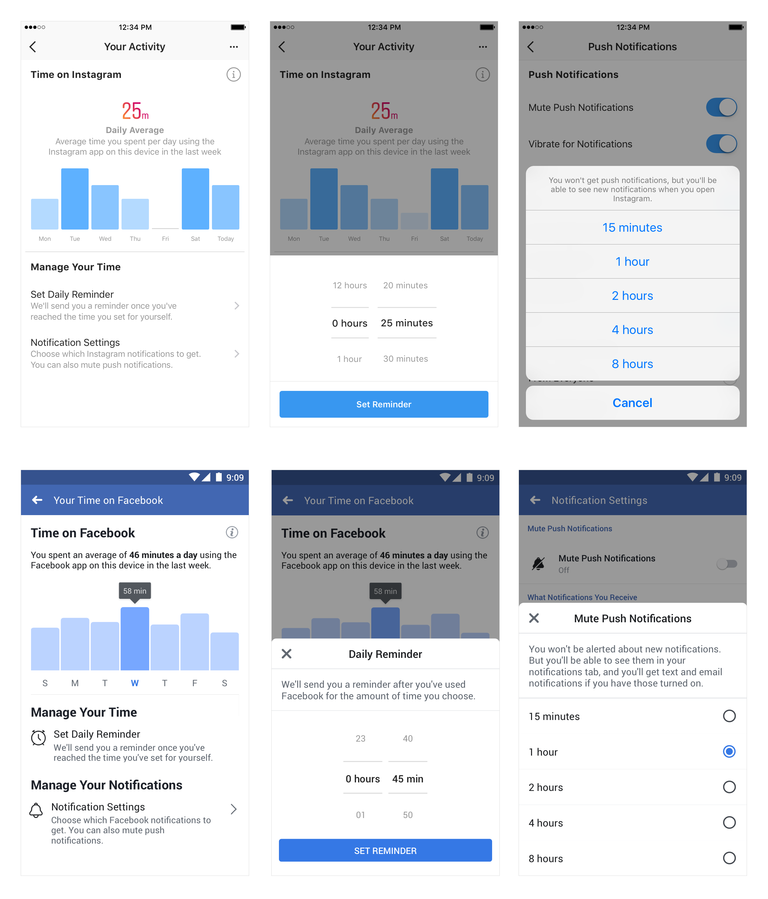
Facebook wants you to stop using it so much
It might seem counter-intuitive -- or it might seem like a case of just saying what it thinks people want to hear -- but Facebook doesn't want you to use it as much as you do. That's not to say it wants you to disappear entirely, rather it just hopes that the time you spend on the social network is more "intentional, positive and inspiring" -- so you don't feel compelled to stay away and miss out on all those ads!
Today, the company launches a new activity dashboard for both Facebook and Instagram that lets you see how long you've on the social networks, set time limits, and restrict notifications. Facebook says that the new tools have been created in conjunction with mental health organizations and they come amid growing concerns about the problem of social networking addiction.
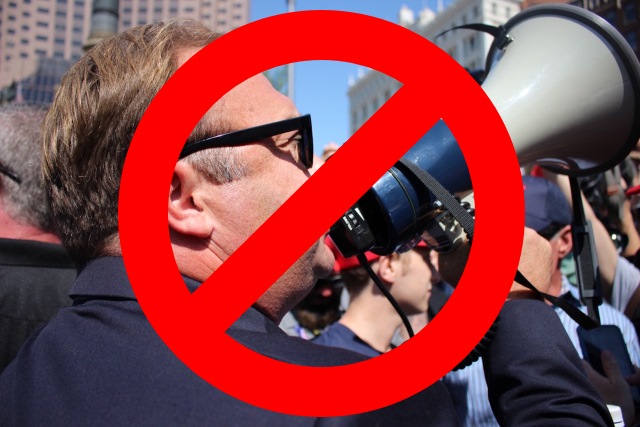
Infowars' Alex Jones is banned from Facebook for a month
Following on from a strike for violating YouTube policies, Infowars founder Alex Jones has been hit with sanctions by Facebook for contravening its community standards.
The social network -- which just dropped in value -- removed four of Jones' videos for violating its policies and banned the right-wing conspiracy theorist from using his account for 30 days. In the event of further policy breaches by Jones or his admins, his page could be permanently banned.
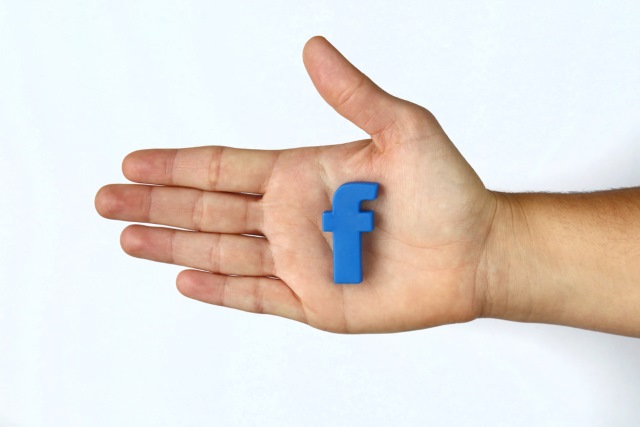
Facebook value plummets by $118bn and Zuckerberg's fortune drops $16bn following privacy scandal-fueled growth slowdown
Facebook shares and the personal fortune of Mark Zuckerberg took massive hits as the social network felt the impact of a growth slowdown and the fallout of recent privacy scandals.
The company issued a warning to investors about a deceleration of growth in its userbase, leading to a stock drop of around 20 percent. A drop in share price lowered the value of Facebook by a massive $118 billion -- a record-breaking one-day drop in the value of a company.
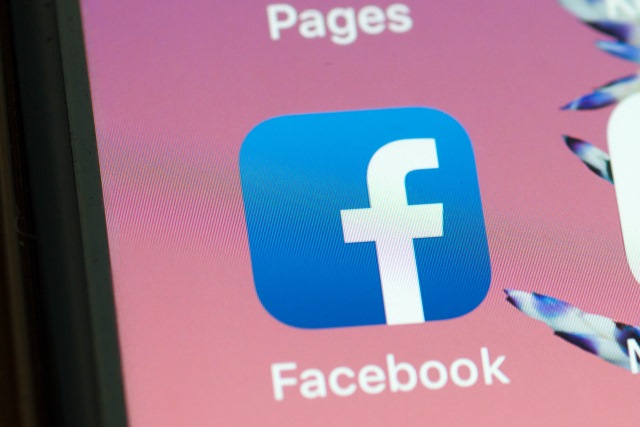
Privacy: Facebook suspends data analytics firm Crimson Hexagon
Facebook has severed ties with data analytics company Crimson Hexagon because of concerns about its links to the US government, Russia and Turkey.
In a move that has echoes of the Cambridge Analytica scandal, Facebook has suspended the company and blocked it from accessing user data because of fears about how that data is used. Crimson Hexagon claims to have gathered more than one trillion pieces of data about social media users, and there are concerns that this data could be used for surveillance purposes.
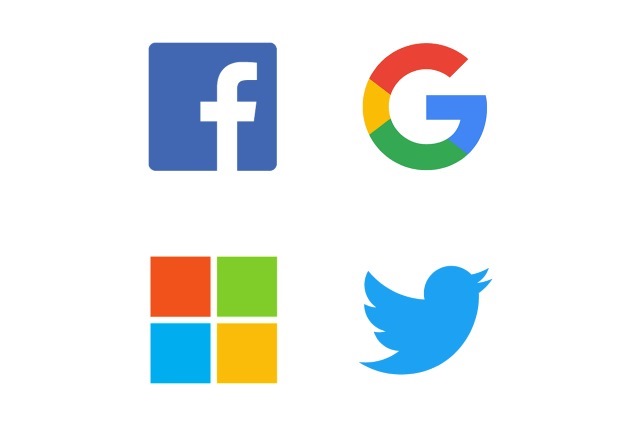
Google, Facebook, Microsoft and Twitter team up on open source Data Transfer Project to ease your data moving woes
Four giants of the technology world have joined forces in an attempt to make it easier for people to move data between services. The collaboration between Google, Facebook, Microsoft and Twitter takes the form of the open source Data Transfer Project, the aim of which is to make it possible to "transfer data directly from one service to another, without needing to download and re-upload it".
The four companies joining announced the data portability platform which currently makes use of public APIs to offer support for photos, mail, contacts, calendars and tasks from the founders as well as other companies who are encouraged to get involved.

Microsoft overtakes Facebook as the #1 spoofed brand
Phisherfolk love to try to trick people into thinking they are a major brand in order to get them to reveal passwords or personal data.
New research from Vade Secure reveals that in the second quarter of this year Microsoft has supplanted Facebook as the most spoofed brand. The social network drops two places to third, behind perennial phishing favorite PayPal.

From discrimination to invasions of privacy: The dangers of social media background checks
Social media background checks are slowly becoming the norm. According to CareerBuilder, 70 percent of employers use social media in some way to vet their employees. In most cases, these checks are innocent -- or at least well-intentioned. Employers want to make sure the people they hire are conducting themselves online appropriately and respectfully. No brand wants one of their employees sending out offensive tweets on a regular basis or badmouthing his or her boss on Facebook.
Intention is not the only thing that matters with social media background checks. In fact, employers can, and do, stumble into a mess of legal and ethical implications by looking at a job candidate’s Facebook page or Twitter account. Here are some of the biggest dangers of social media background checks.
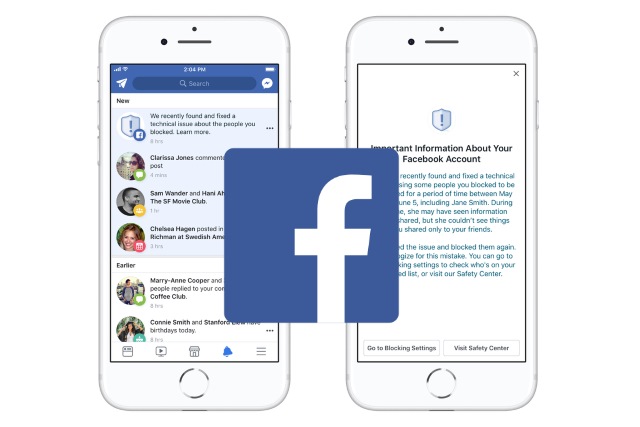
Facebook bug secretly unblocked people you thought you'd blocked
Facebook is primarily about connecting with other people, but its "block" functionality certainly has its place for avoiding those you don't want to be in touch with for one reason or another. It's a great option to have... until it goes wrong.
And that's precisely what happened. The social network has admitted that more than 800,000 were hit by a bug that meant people they had blocked on either Facebook or Facebook Messenger were temporarily unblocked and able to see content that had been posted.
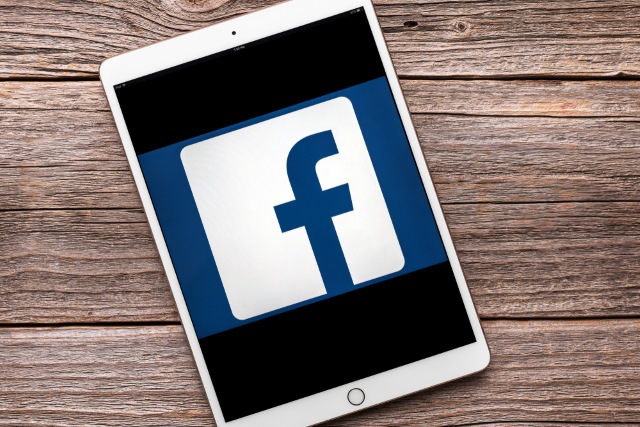
Facebook relaxes its ban on cryptocurrency ads
There has been a spate of bans on cryptocurrency ads in recent months, but Facebook has had something of a change of heart and has decided that some such ads are permissible on its platform.
It is important to note that this is just a relaxation of the ban Facebook introduced back in January, not a complete lifting of it. There are various caveats here, including the fact that advertisers will have to be "pre-approved".
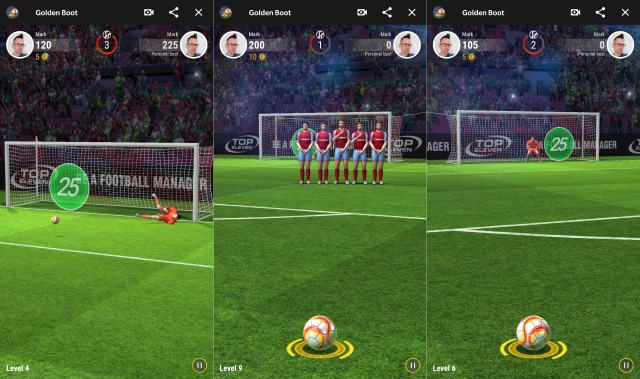
World Cup: access the hidden mini games in Facebook Messenger
The World Cup is now officially under way in Russia to the delight of sports fans around the globe. If you just can't get enough football, Facebook Messenger can help to satiate you between matches with a series of mini games you can play with your friends.
Games in Facebook Messenger have been with us for some time, and the social network has used the World Cup as a reason to update the selection. In addition, there are also new camera filters in the app -- here's how you access them and the games.
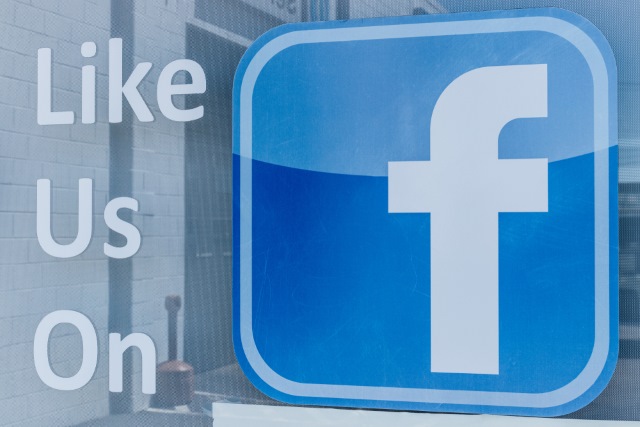
Privacy: Facebook advertisers must warn users if ads are targeted because of data they purchased
The fall out from the Cambridge Analytica scandal continues for Facebook, and the social media giant is busy trying to repair its somewhat tattered reputation. The latest measures see the company introducing new privacy safeguards to inform users if advertisers are using information supplied by so-called "data brokers".
These brokers are firms that gather data about people and then sell this information on to other companies, often for the purposes of targeted advertising. Facebook is not banning the practice, merely requiring advertisers to keep users informed.
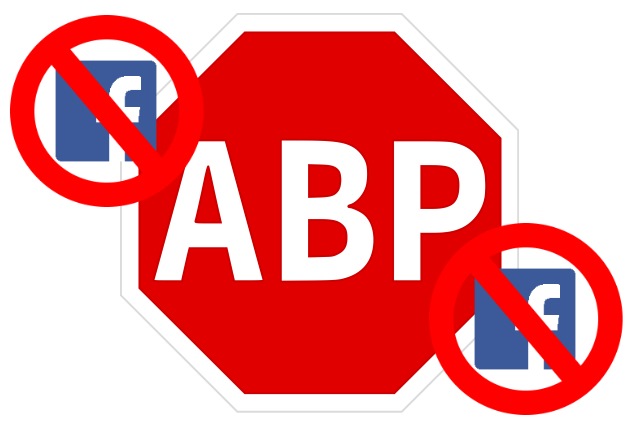
Adblock Plus blocks social media tracking in Chrome and Firefox
There has been a lot of talk recently about Facebook tracking users (and non-users) as they browse the internet. Ever a proponent of user empowerment, Adblock Plus has unveiled new features that make it possible to block tracking through social media buttons.
The company notes that Apple promised at WWDC to block social tracking, but with Adblock Plus this feature is available right now, regardless of whether you're an Apple customer. The only limitation is that you need to be using either Chrome or Firefox as your web browser.
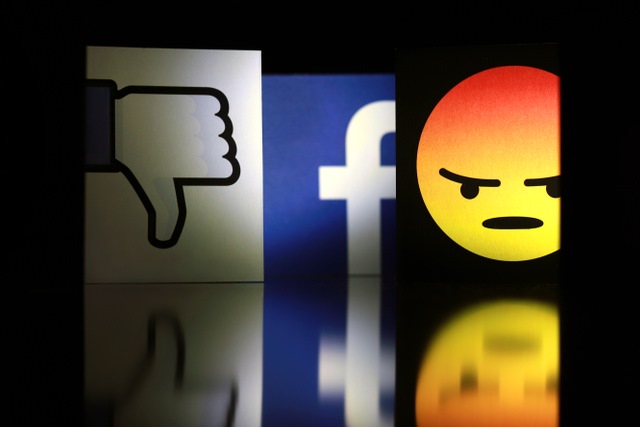
Facebook bug makes millions of users' private posts public
Facebook is in the process of contacting 14 million users after it emerged that a bug led to private posts being made public. A problem with the company's "audience selector" tool between May 18 and 27 meant that millions of posts meant for a limited audience were actually made available for everyone and anyone to see.
The social network has apologized for the incident and says that it will notify everyone who was affected by the bug. The SNAFU comes at a bad time for Facebook, as the company tries to rebuild a reputation tattered by the Cambridge Analytica scandal, and the news that the social network had data-sharing agreements with Chinese firms.
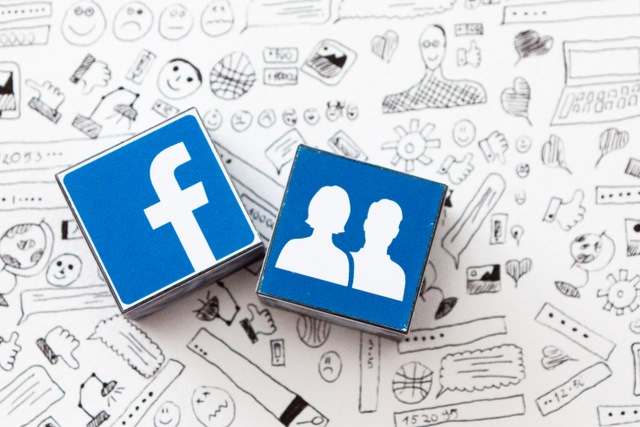
Facebook confirms data-sharing agreement with Chinese companies including Huawei
Facebook has confirmed that it has data-sharing agreements in place with at least four Chinese companies. Among these companies is Huawei, a firm that has attracted the attention of intelligence agencies in the US because of national security concerns.
The news comes not only in the wake of the Cambridge Analytica scandal, but also reports this week that Facebook shared data with device manufacturers. The social network said that in addition to Huawei, it has data-sharing contracts with Oppo, Lenovo and TCL -- despite the fact that Facebook is banned in China.
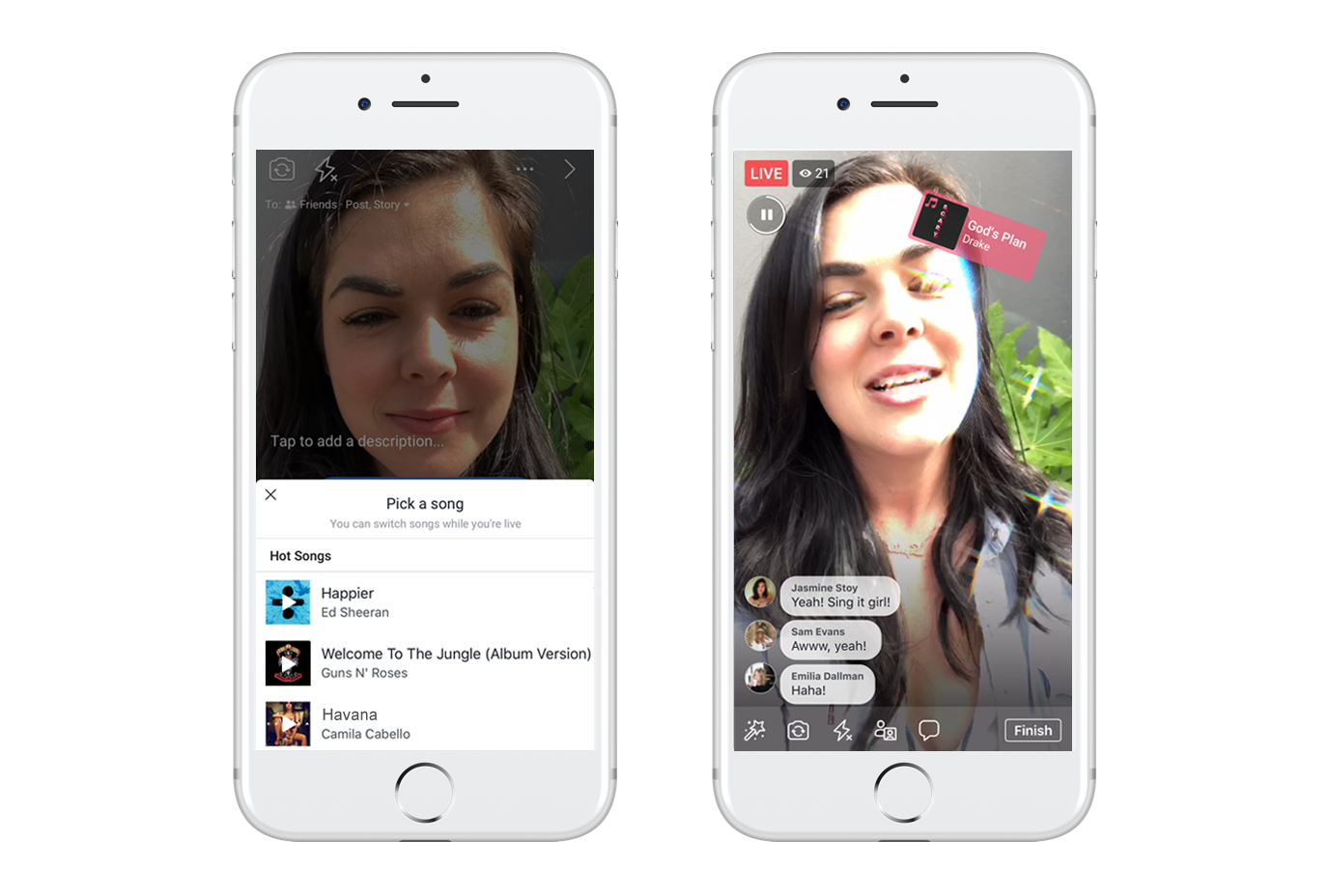
Facebook now lets you lip sync to your favorite songs
Having recently set up licensing deals with some major record labels, Facebook has now started introducing new music experiences to the platform.
The first of these additions is the ability to share videos with music, but it’s Lip Sync Live which is the more interesting feature.
